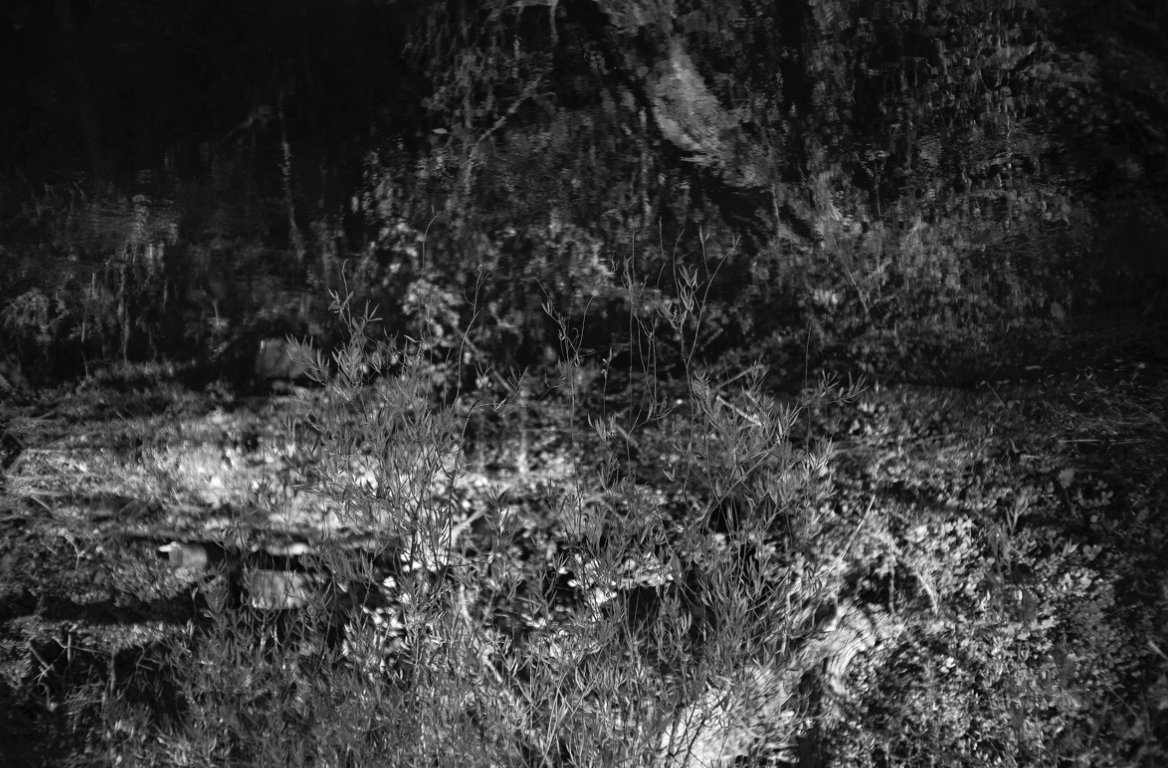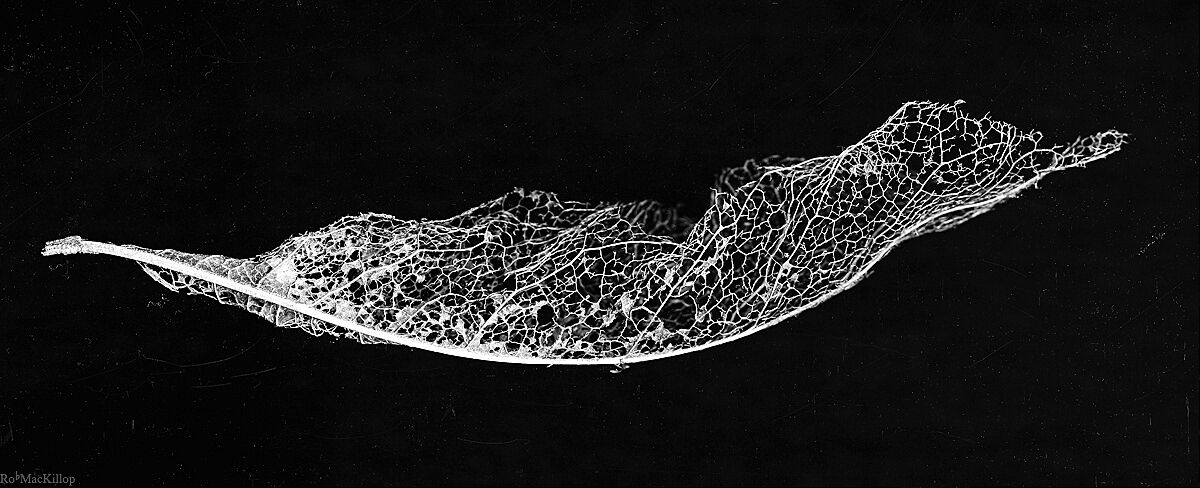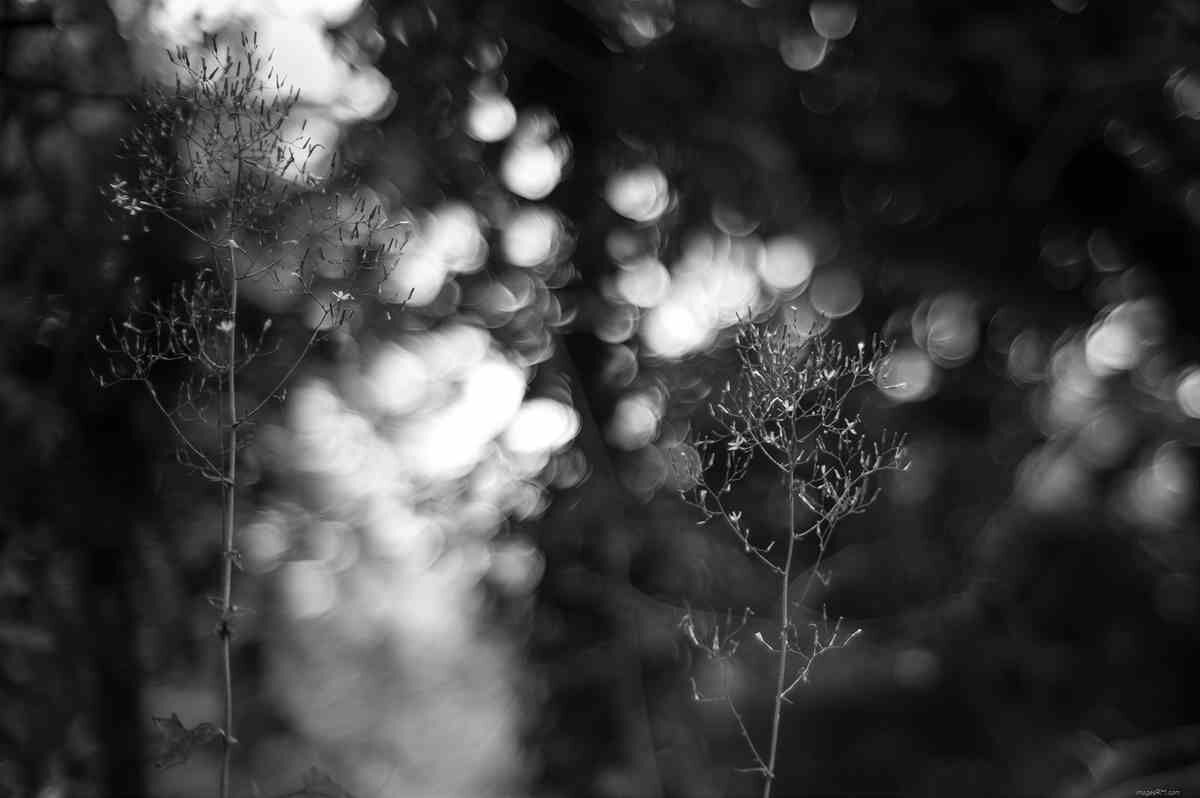I occasionally feel moved to write a poem based on one of my images. As poems, they might not stand alone and be completely intelligible, so I prefer to have the words and image appear together. These Image Poems deal with The Enlightenment in a variety of ways, from the spark of thought in the womb, to our minds searching out into the multiverse. But also to the stilling of the mind in thoughtless contemplation.
Rob MacKillop
(Not) About The Place

(Not) About The Place
It’s about the place
It’s not about the place
An impression of light
falling
by the stilled breathless stream
a thought-less moment
There is beauty here
in the ordered chaos of life
in the silence
before
awareness
===
The scene is by a stilled river. I’m trying to capture in the image and the words one of those moments where the mind is still – in Scotland we call it a dwam – before nature. You are aware of the place, but ‘you’ are not completely there. Zen-like, perhaps. “There is beauty here, in the ordered chaos of life” echoes my hero, Charles Darwin, while likening the connected evolutionary branches to ‘a tangled bank’. The out-of-focus quality to this image is very much deliberate.
==========
The Philosopher’s Garden

The Philosopher’s Garden
One stem-snapped leaf turns earthwards
In death-revealing beauty
A once shadowed vein-mapped landscape
mocks the sundark field
where dull thoughts gather
solemn faced
===
A few yards away from the first image, I saw this white leaf, while all around was dark. It had been snapped off somehow, and its underbelly was on show, much brighter than the other leaves. One philosophy runs through many of my poems: that we are in a dark and meaningless universe, but the electricity of thought creates a sense of mind, and mind creates meaning. The philosopher’s garden is mind/brain/consciousness, making its precarious way through the universe.
==========
fallen. idle.

fallen. idle.
my feathered leaf contains landscapes
spine curved to edge of frame
fractured. broken.
the tales this en-veined quill had yet to tell
of a once green then yellowed tree
but now vein-sapped ink draws breathless words
beneath a silent canopy
===
The leaf, though dead, imaginatively speaks its stories to us.
==========
Urban Angel

Urban Angel (through a stained glass
window)
Beyond the unclean glass
I see an angel
My angel has no head
does not float but hangs
from crosses of cold steel
My angel’s tired arms
can barely lift heavenwards
Its shroud, mud spattered and frayed,
outlines no form
My angel prays to me for help
I take a shot…
…and leave.
===
A poem about letting go of religion.
==========
In A Dream of Dark Matter

In a Dream of Dark Matter
In a dream of dark matter
shot through with cross-angled light
a fleeting thought recalls
an awakening sense of being
a foetal dream of the unimaginable
behind eyes as yet unseeing
becomes the electricity of mind
in a river of universes
===
The birth of thought in the womb – and the womb is also the multiverse.
==========
Black Light – The Darwin Tree

Black Light
electricity emerges
pushing through matter
awakening thought and growth
Black Ink
as the misnamed Eroica
pulses through time and air
– adagio assai –
feeling out enlightenment
Black Life
and the artisanal eye
fully opened
catches in pearls of thought
Darwin’s Tree of Life
“in endless forms most beautiful”
===
The first stanza references the previous poem, with thought being an electrical charge – the Enlightenment.
The second stanza references Beethoven. He named his 3rd symphony after Napoleon…until Napoleon declared himself Emperor, at which point Beethoven scrubbed-out the name “Eroica” in disgust. My point is that Beethoven was reaching out to the Enlightenment.
The third stanza references photography “the artisanal eye” and Darwin’s famous Tree of Life – the moment in his note book where he first mentioned what would become his Theory (Explanation is a better word for American audiences) of Evolution. Next to a picture of a tree of the evolution of species, he wrote the words “I think…”. The crowning achievement of the Enlightenment era. The little “trees” in my image remind me of his drawing:
